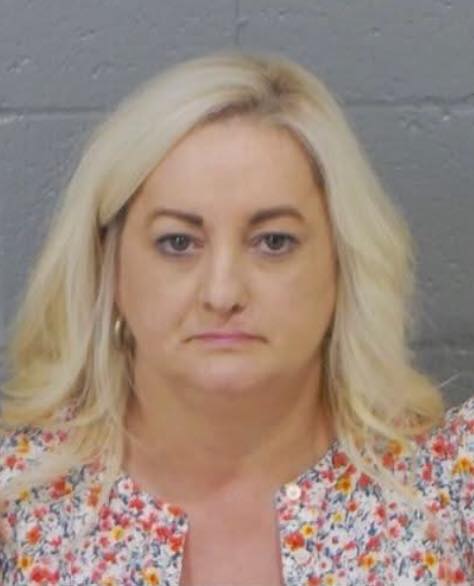D.G. MARTIN COLUMN: More about the Scott family
Published 3:42 pm Friday, May 17, 2019
Mountains of bitter controversies in the areas of race, labor, student unrest and higher education administration were to confront Robert Scott after he became governor of North Carolina in 1969.

D.G. Martin
Those mountains were just too much to cover in my recent column prompted by Rob Christensen’s “The Rise and Fall of the Branchhead Boys,” a UNC Press book coming out in the next few days.
It was not all trouble for Bob Scott. He and his wife, Jessie Rae, moved into the governor’s mansion and enrolled their five children in the Raleigh public schools.
His father, Kerr Scott, had been governor from 1949 until 1953. Bob Scott followed his father’s tradition of inviting friends to “possum dinners” with the main possum course accompanied with “barbecued spareribs, black-eyed peas, collard greens, bean soup with pig tails, corn bread, and persimmon pudding.”
Christensen writes, “Scott may not have been the populist of his father, but he brought a common-man approach to Raleigh.”
But times had changed. College campuses were erupting. Black anger was spilling in the streets. Historian Martha Blondi wrote that 1969 marked the “high water mark of the black student movement.” Christensen writes, “During his first six months in office, Scott called out the National Guard nine times to deal with civil unrest.”
In March 1969, he sent more than 100 highway patrolmen to Chapel Hill to break a food worker strike and force the reopening of the student cafeteria, overruling the actions of the university’s president and chancellor (William Friday and Carlyle Sitterson).
This action and similar strong action against student-led disorder earned Scott praise by television commentator Jesse Helms and many others in the white community, “but he got different reviews from the black community.”
Although he appointed the first black district and superior court judges, his pace of minority hiring and appointments was roundly criticized.
Increased desegregation of public schools resulted in more disruption. Speaking about the 1971-72 school year, Scott said, “Many schools were plagued by unrest, tension, hostility, fear, disturbances, disruptions, hooliganisms, violence and destruction.”
In response to disturbances relating to school desegregation in 1971, Scott sent highway patrolmen and National Guard troops to Wilmington. Conflict there led to arrests, trials and prison sentences for the group of protesters who became known as the Wilmington Ten.
Scott’s stormy relations with UNC President Friday continued as Scott “decided to undertake the reorganization of higher education as his political swansong.”
Scott’s proposal to bring all 16 four-year institutions under one 32-person board was adopted by the legislature. Scott expected the new organization would eliminate or minimize Friday’s role. But Friday became president of the reorganized 16-campus system and led it until 1986.
Summing up Scott’s time in office, Christensen writes that his legacy is “far murkier” than his father’s, in part because the state was “less rural, less poor, more Republican, and more torn by societal dissent, whether civil rights, Vietnam, or the counterculture.”
Both Terry Sanford and Jim Hunt acknowledged their connection to Kerr Scott. But Bob Scott never bonded with either of them. The breach with Hunt became a public battle when Bob Scott challenged the incumbent Gov. Hunt in the 1980 Democratic primary. Scott was angered because Hunt had not supported Scott’s ambition to be appointed president of the community college system. Scott lost the primary by a humiliating 70-29 percent margin.
Ironically, in 1983 when the community college presidency opened up again, Scott won the job and served with distinction until his retirement in 1995.
Scott died in 2009 and was buried at the Hawfields Presbyterian Church near the graves of his father and grandfather. Kerr Scott’s tombstone reads, “I have Fought A good Fight…I have Kept the Faith.” Bob’s reads “He also Fought A Good Fight And Kept the Faith.”
D.G. Martin hosts “North Carolina Bookwatch,” at 11 a.m. Sunday and 5 p.m. Tuesday on UNC-TV.





